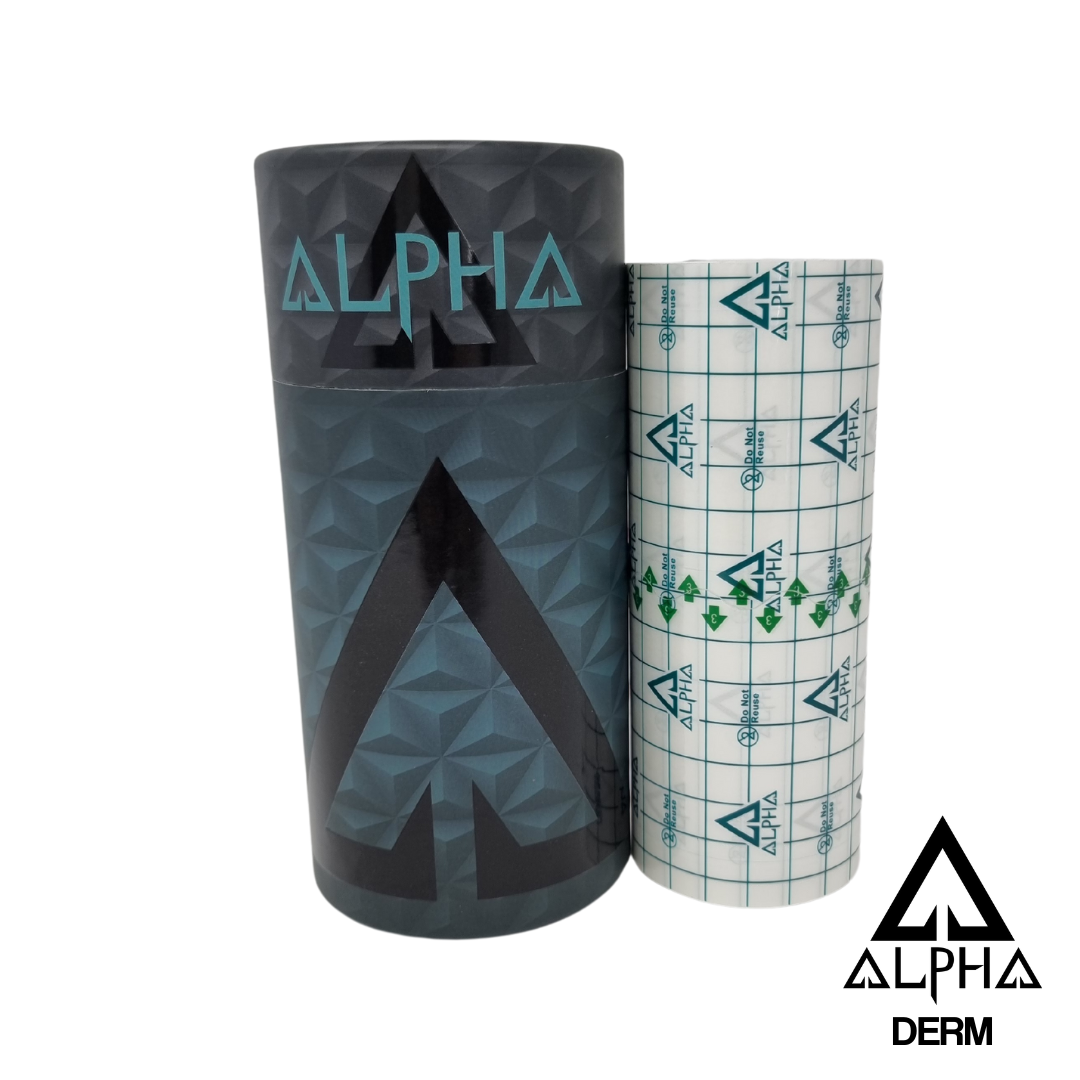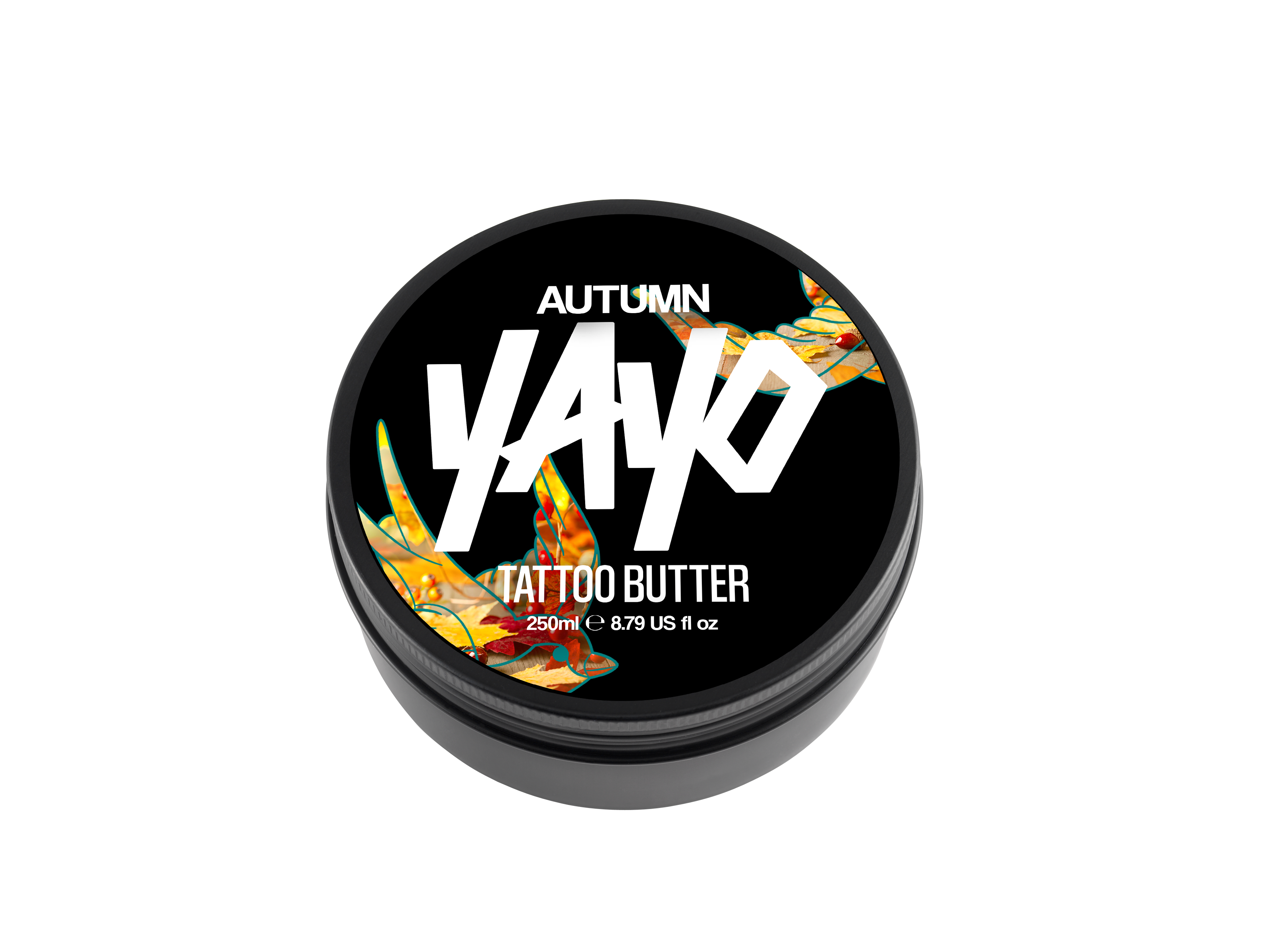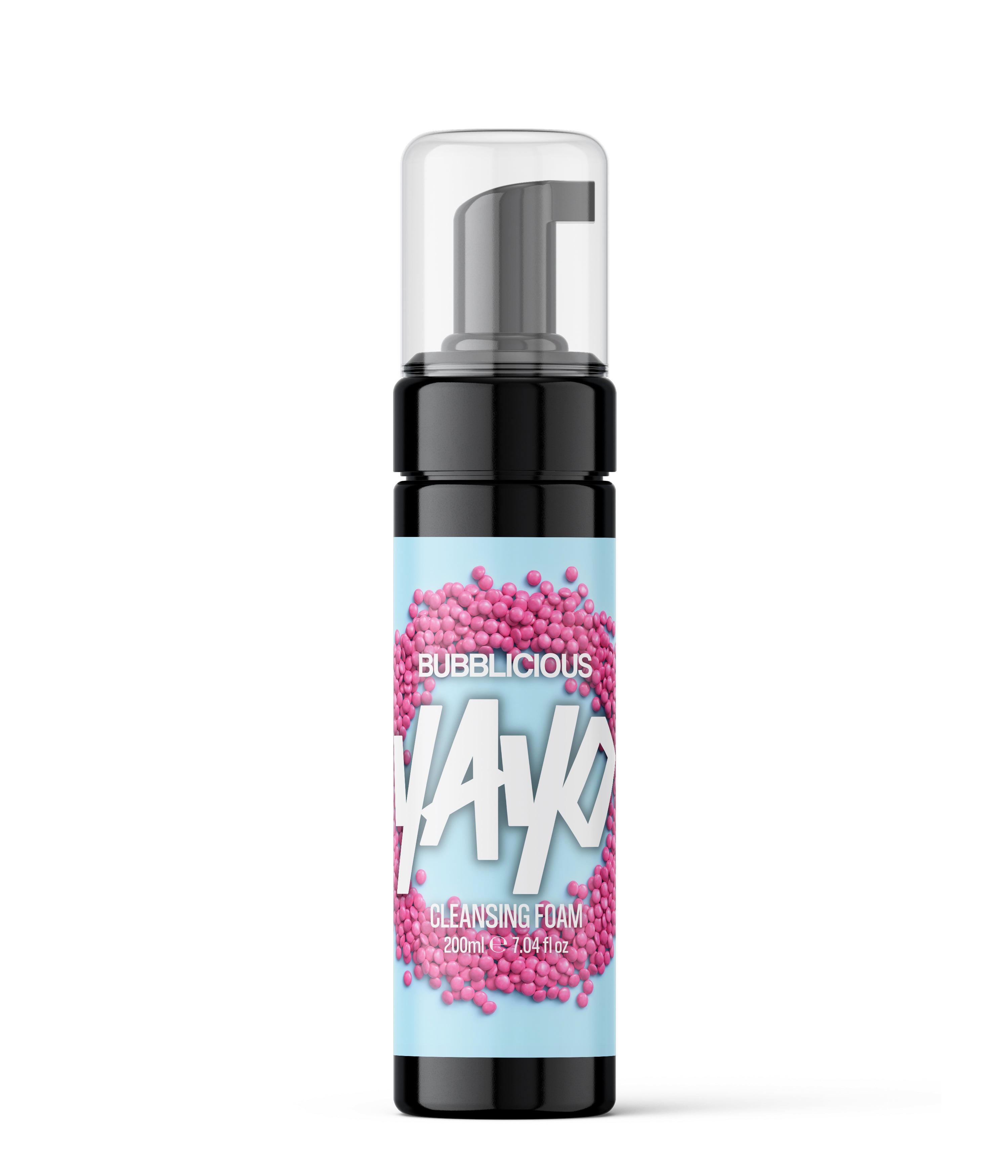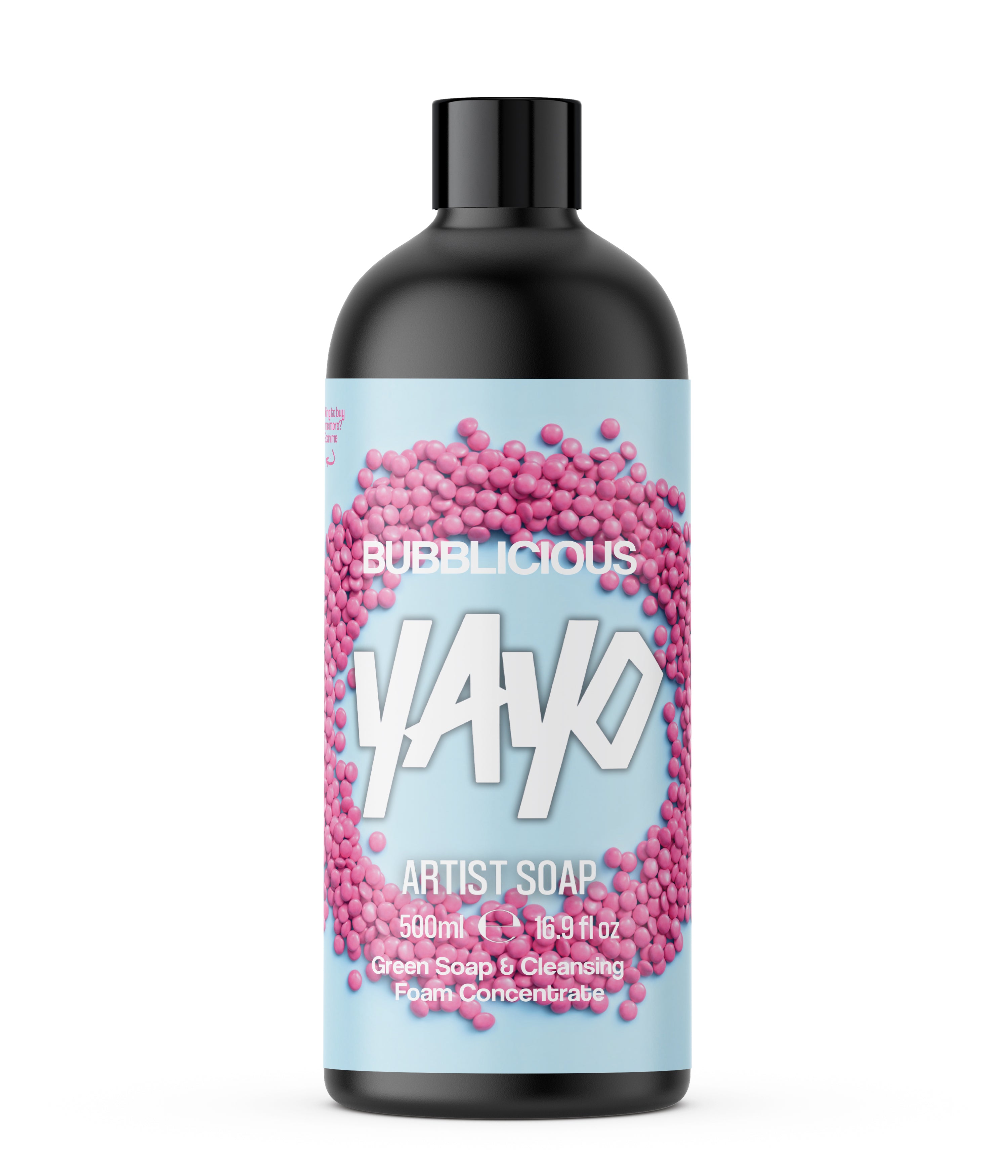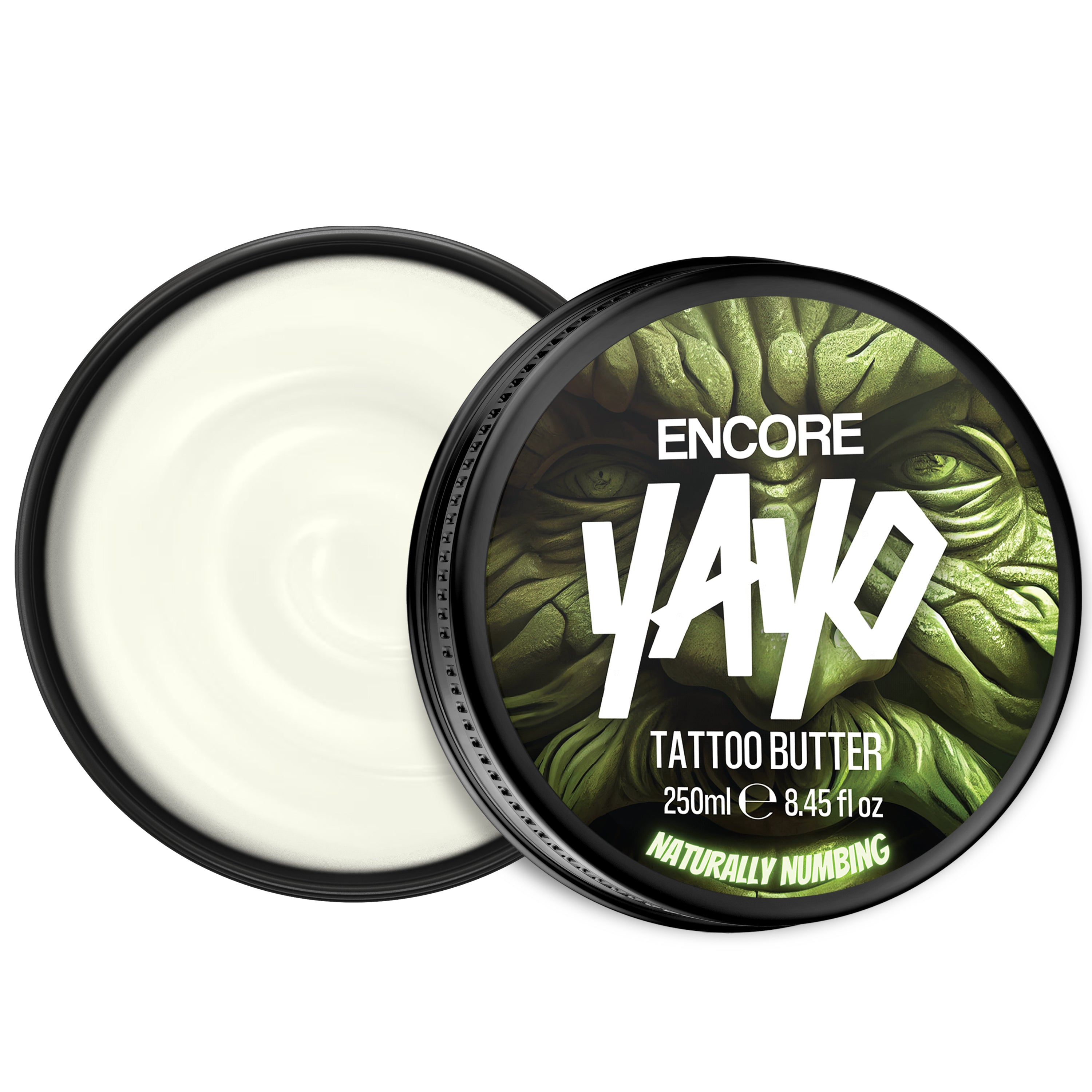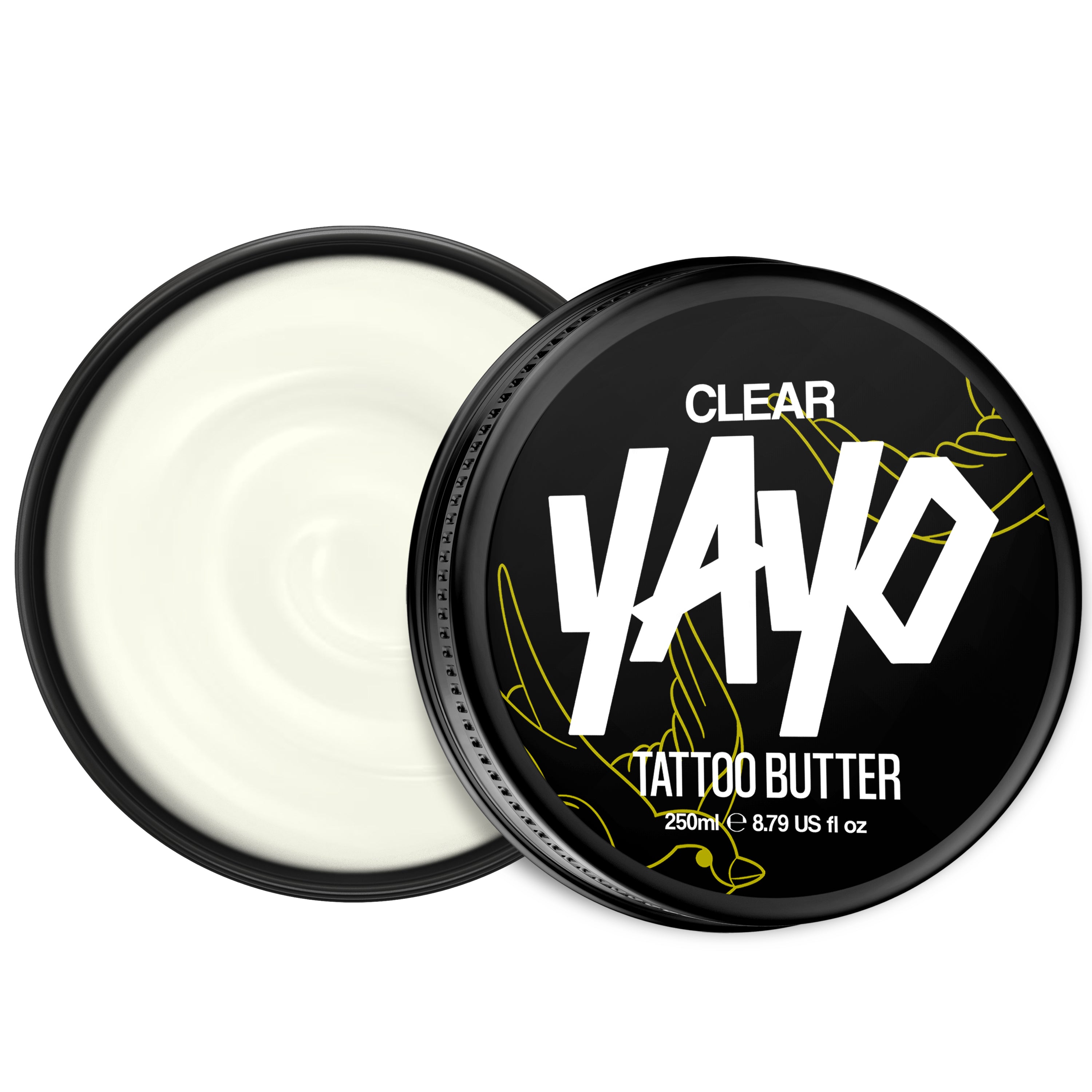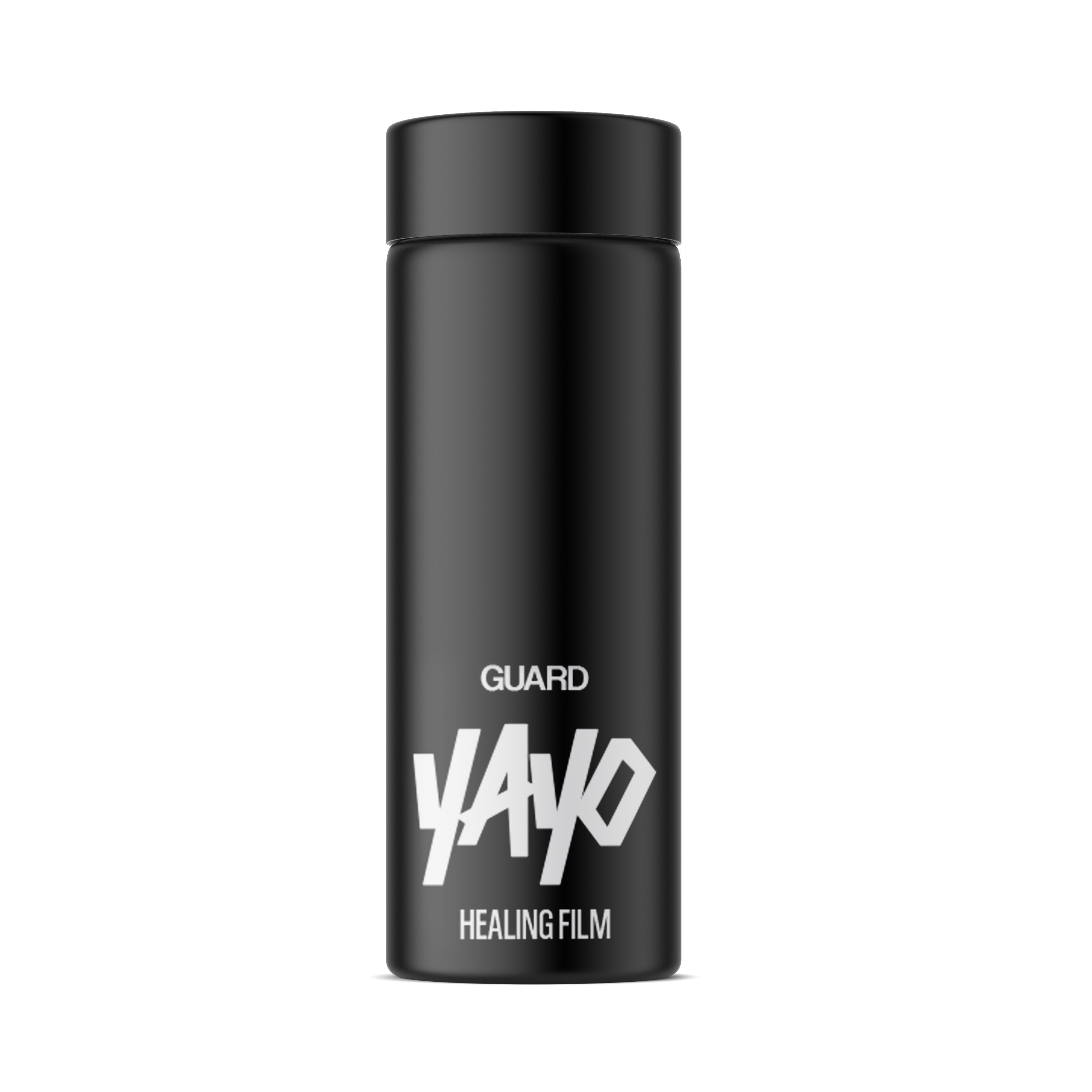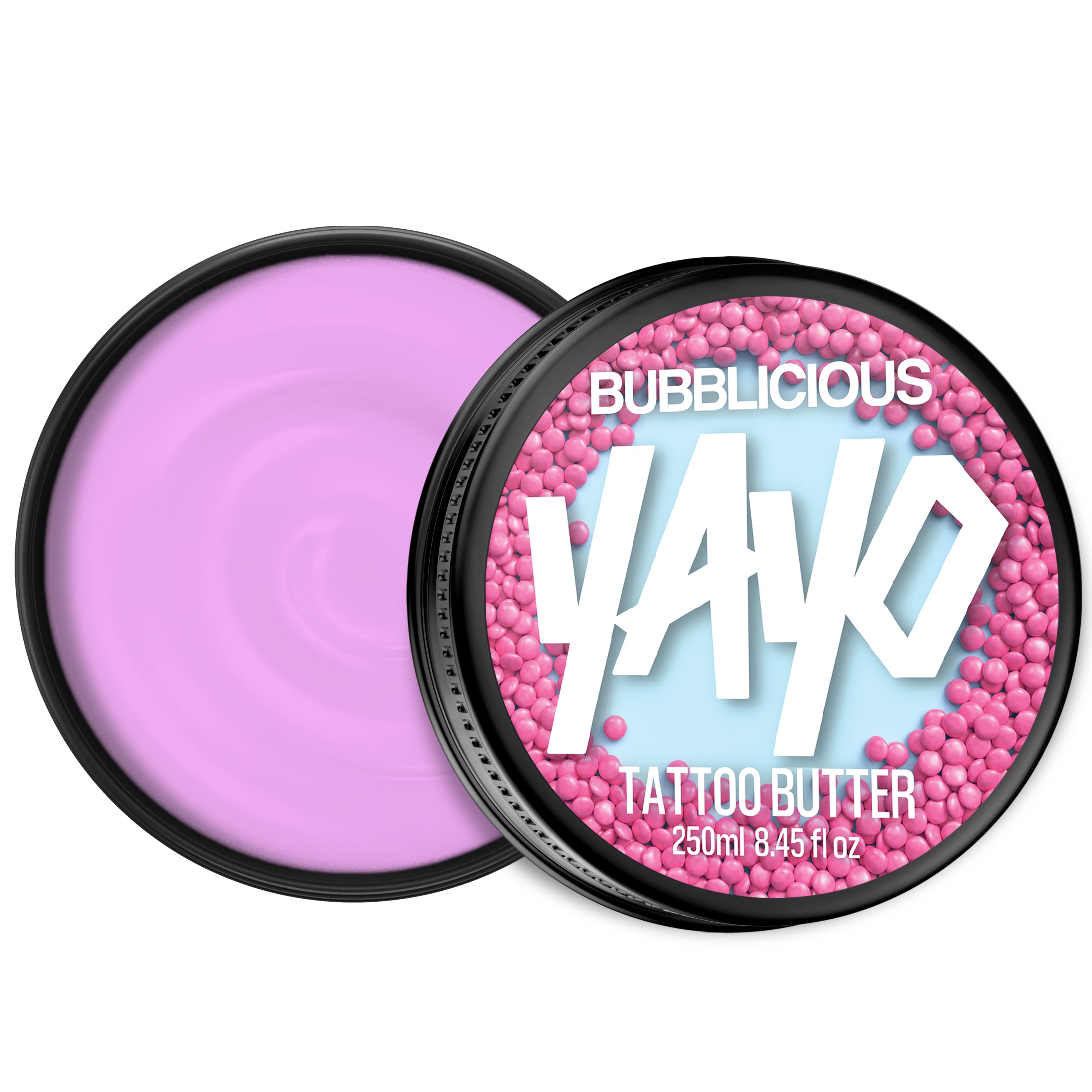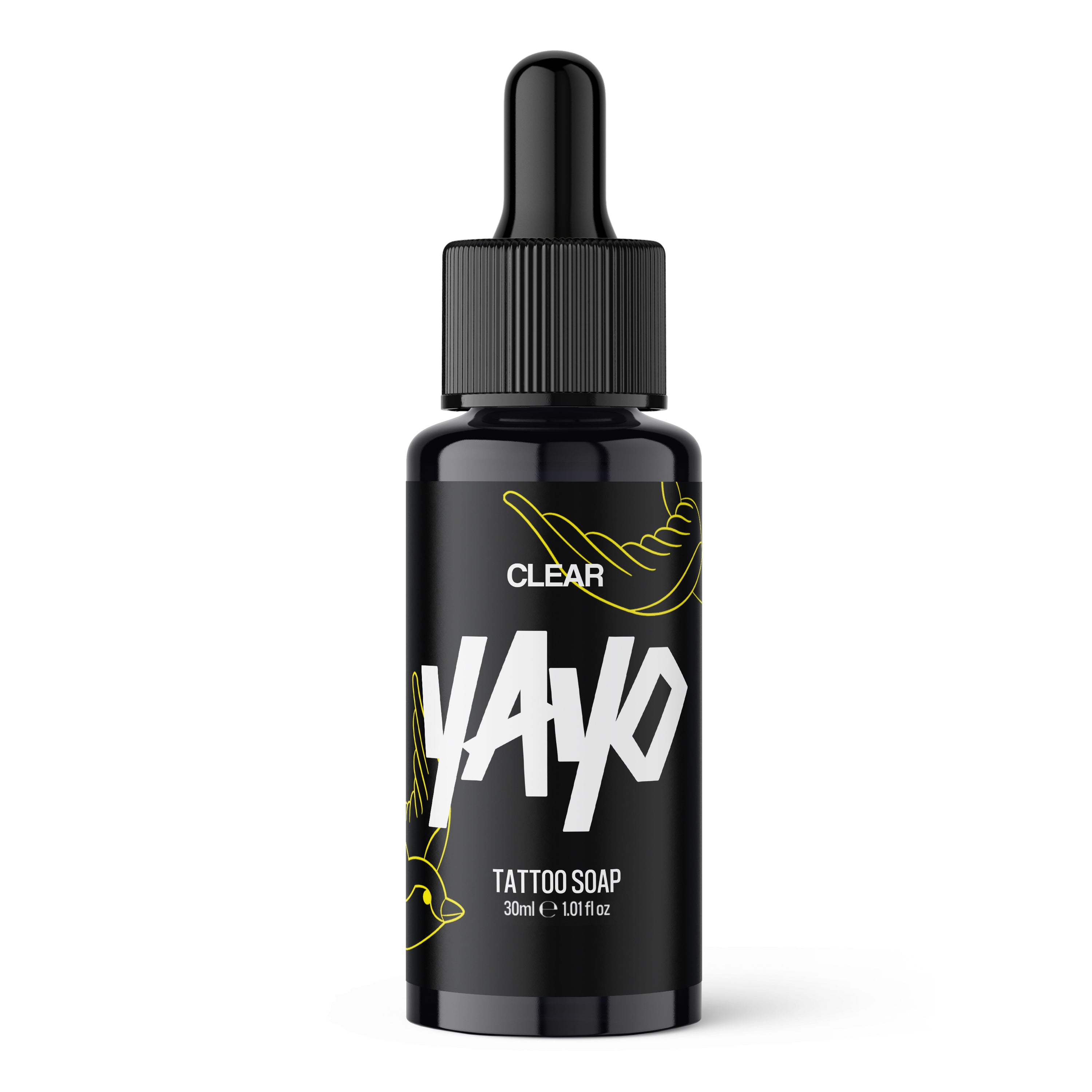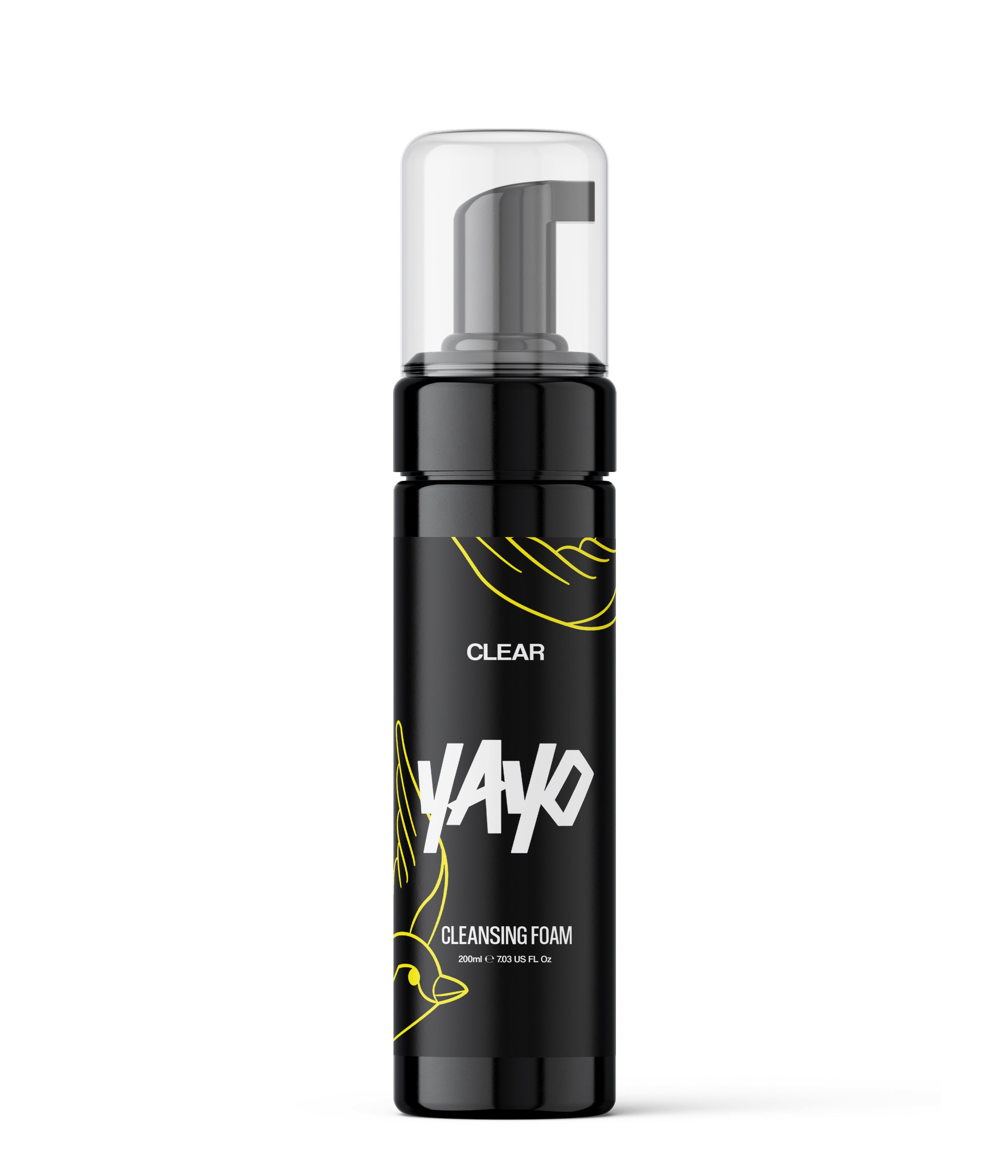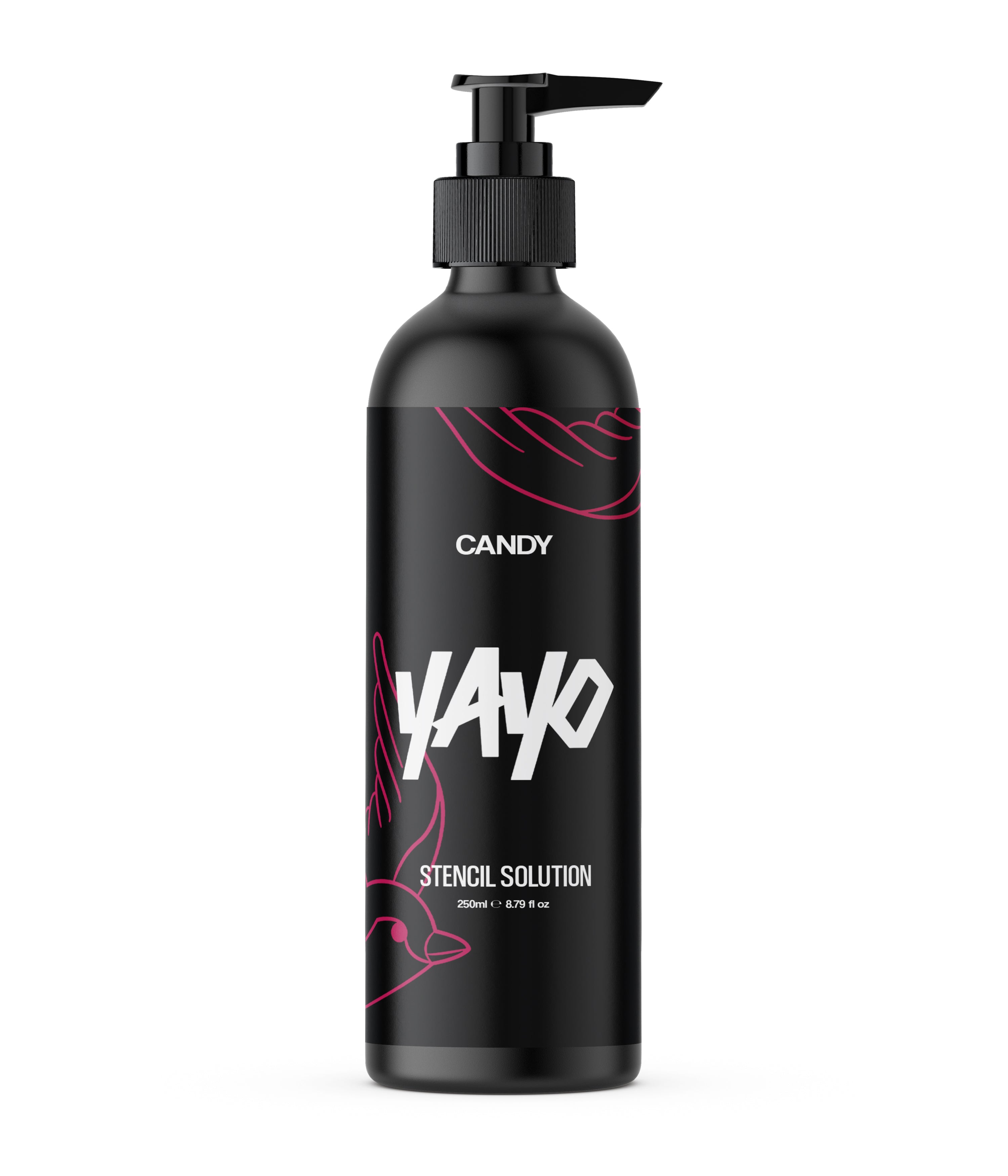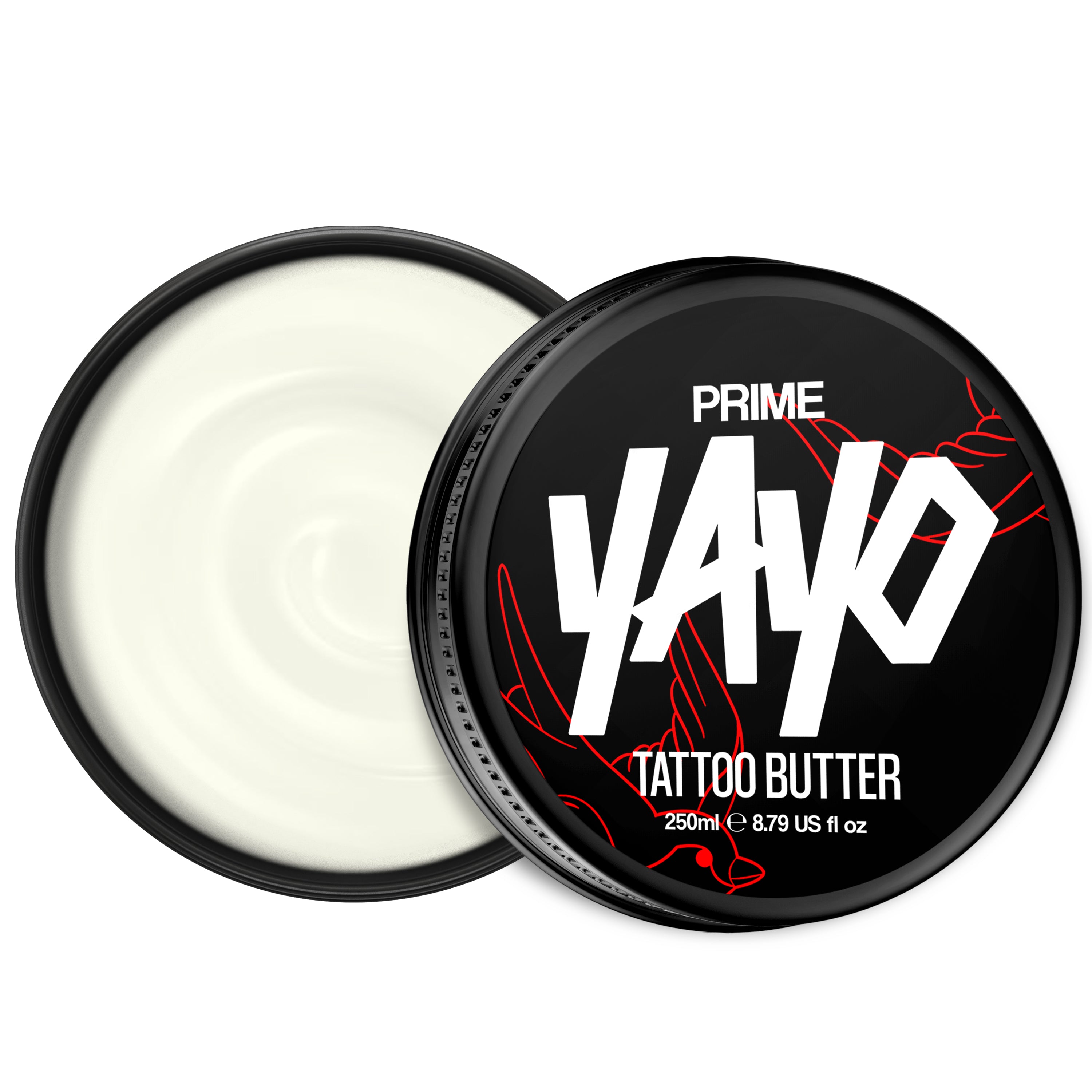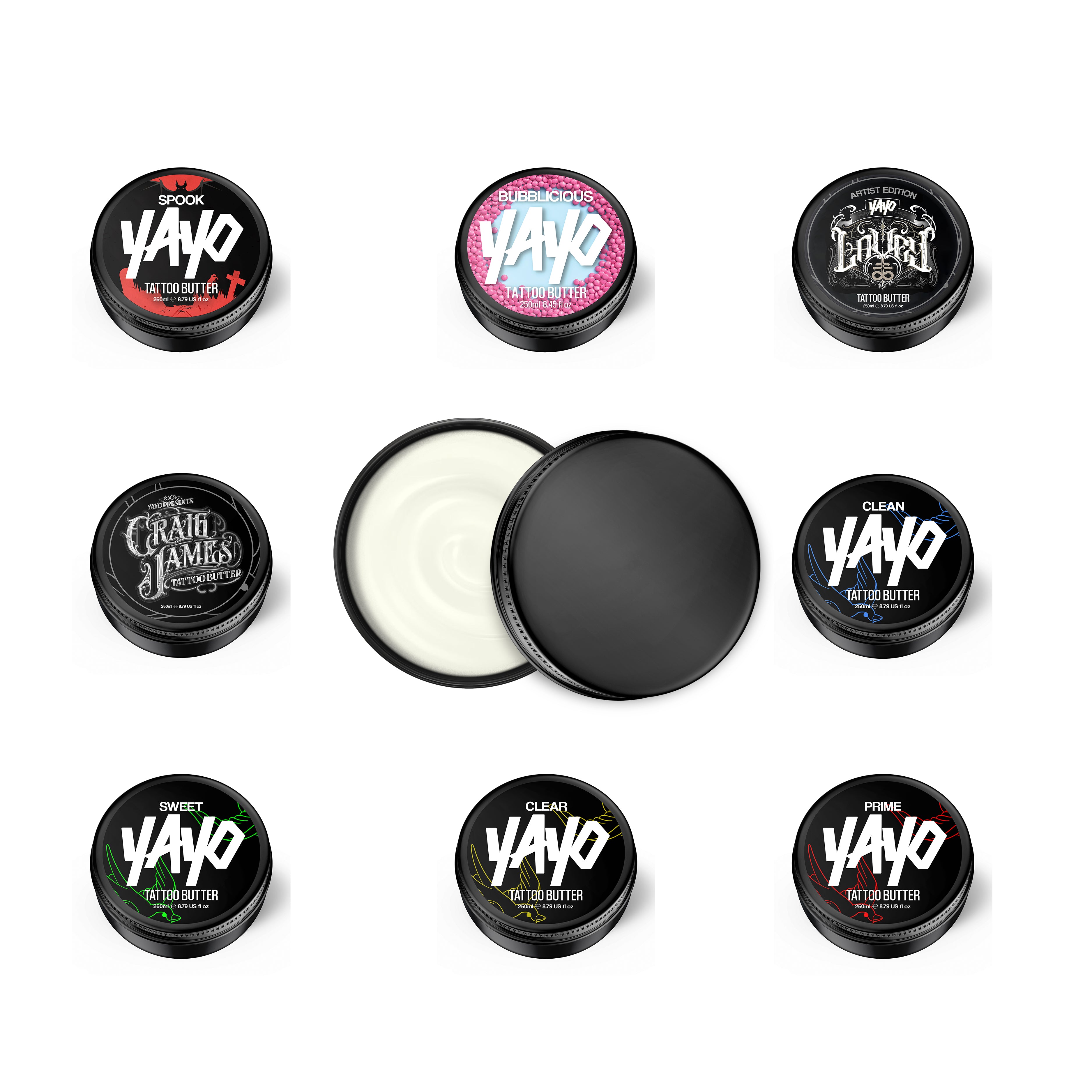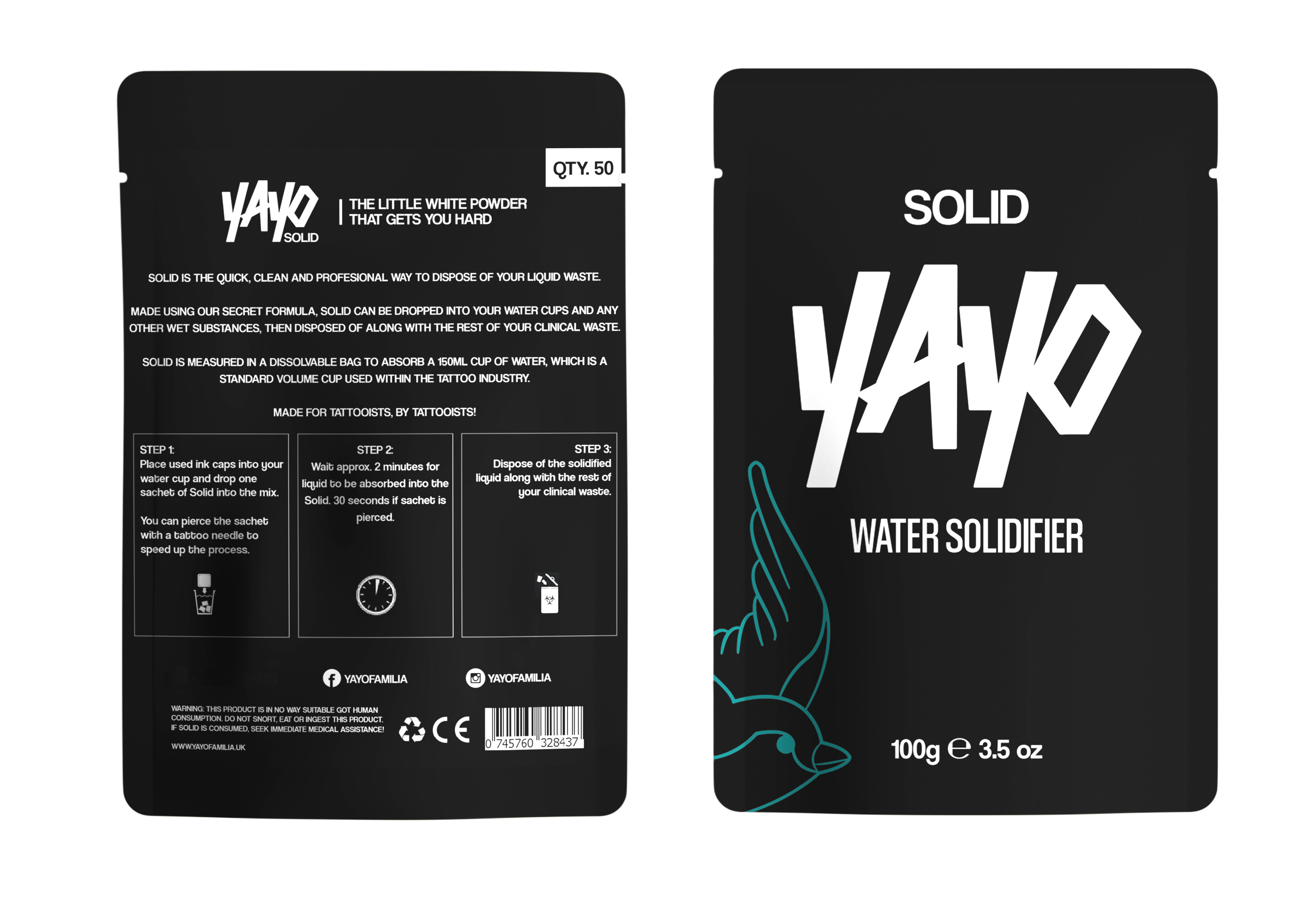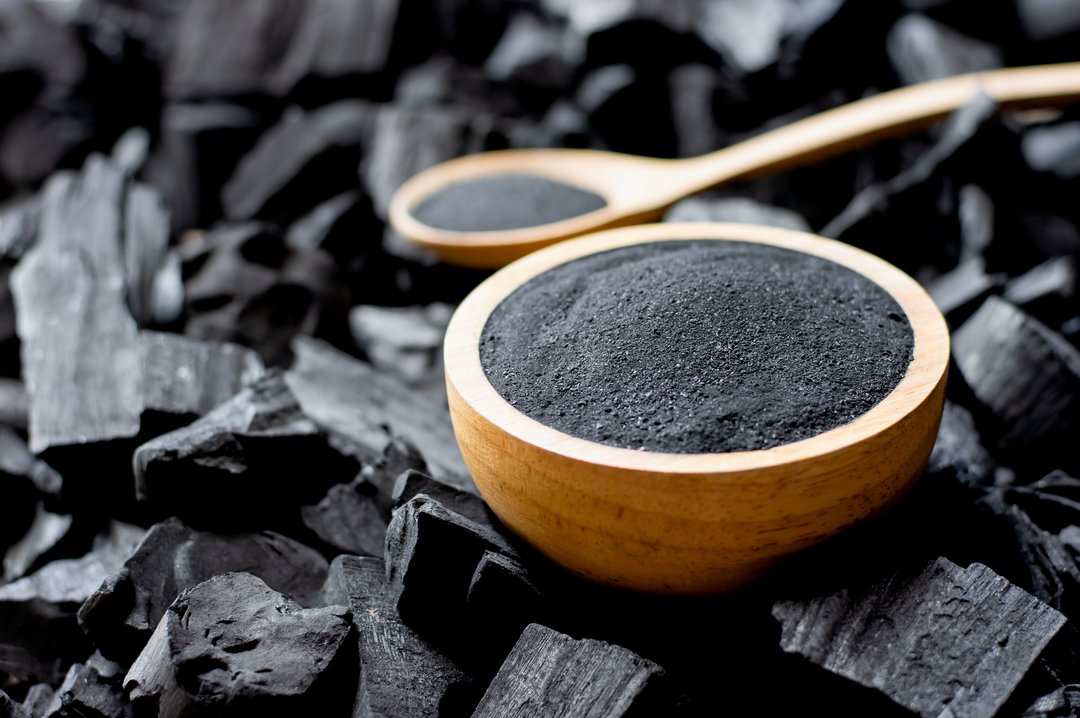Activated Charcoal and the importance of sustainability

Welcome to Flower Power Hour, the series where we get up close and personal with the natural ingredients used in our products. This edition will be a bit different as we get to know Activated Charcoal as well as the importance of sustainability!
The world is changing.
The past 36 months alone have been interesting, to say the least. Each breaking news alert has brought a new wave of existential dread. The world feels increasingly hostile, our position as a species grows all the more precarious. One of the latest horrors? The fact that the ocean - the single largest body of water in the solar system - was literally on fire.

Dystopian? Yes. Surprising? Not so much.
The damage that the human race has inflicted on the natural world is now harder to ignore than ever before. Global warming, fuelled by a rapidly growing population (set to hit 9 billion by 2050) has put a strain on global resources. It is obvious that human behaviours and consumption patterns must change in order to sustain our existence.
The cosmetic industry must be held accountable for and learn from the historic role it has played in contributing to global environmental damage. As cosmetics tend to be made from chemicals, there are definite links to the chemical industry - some of the largest chemical manufacturing companies feed the cosmetic industry - as such many of the problems associated with these industries are inseparable.
Furthermore, many companies continue to irresponsibly source ingredients such as palm oil in a non-sustainable way for use in their products. Palm oil is notoriously bad for the environment - it plays a major role in global deforestation, often destroying huge areas of some of the most biodiverse forests in the world. It has been credited in the destruction of the natural habitats for animals such as the orangutan and pygmy elephant as well as credited for exploiting workers and using child labour in poorer regions.
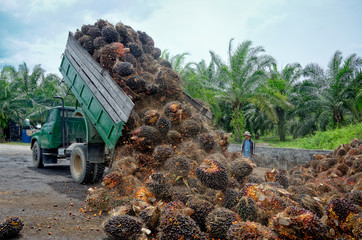
The environmental impact of cosmetic products doesn't stop with ingredient sourcing, however. Numerous studies have indicated a link between heavy consumption of cosmetic products and damage to water sources - in august 2012, research conducted by Arizona State University found Minnesota waterways to be contaminated by cosmetic ingredients, many of which act by killing helpful bacteria that aids photosynthesis.
I could go on. It is clear that traditional cosmetic standards must change in order to become sustainable. But how can it do this?
In order to answer this, we must agree on a benchmark of sustainability. Although sustainability has several interpretations, a widely accepted definition is that of the U.N Brundtland Commission. This refers to sustainable development as ‘meeting the needs of the present without compromising the ability of future generations to meet their own needs. This essentially means that the extraction of renewable resources should not exceed the rate at which they can be replenished - simple enough right?

This is where natural ingredients such as activated charcoal come into this.
How it Works as an Ingredient:
Activated charcoal acts as a natural alternative to traditional, environmentally toxic ingredients such as petroleum - keeping your tattoos looking fire without starting another ocean fire! It works by drawing toxins from the skin to soothe irritation and prevent infection - you can find it in our tattoo soap range, a must-have for environmentally conscious tattoo aftercare.
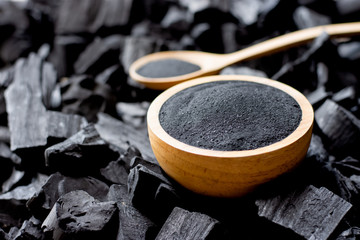
Charcoal, as you can probably guess, is traditionally made through the burning of woods such as oak. Now, this may at first seem to contradict the eco-friendly narrative of this post. However, activated charcoal can be manufactured in many more sustainable ways particularly through the burning of other, fast-growing carbon structures like bamboo. Therefore, the rate of consumption won't outgrow the rate of restoration. In fact, some charcoals such as Biochar are said to help store carbon and therefore lessen the impact of carbon pollution on global warming.
Furthermore, activated charcoal isn’t contaminative. It can be used to safely filter water yet not through the use of bleaching agents - it is even used in some foods, though I wouldn't recommend eating our soaps!
The rise in internet usage has made the consumer much more informed, has given the consumer much more power and control to choose products that they believe in and that are ethically sound. Many are choosing to step away from traditional cosmetic companies in support of indie brands, it is easy to see why.
At YAYO, we believe in high-quality products with low environmental impacts. That’s why we strive to lead the way in being as eco-friendly as possible. All of our products are cruelty-free (the fact that animal testing for cosmetic products isn't universally banned already is frankly shameful!) and proudly vegan. That’s the YAYO way.
Summary:
The world is changing, and that can be scary. It feels as though the damage inflicted on the environment has reached a point of no return, but it’s never too late to make a change. It should be the role of cosmetics companies to provide natural, sustainable and environmentally friendly options, free from harmful chemicals such as petroleum. Here, we make that change in offering these alternatives at a genuinely affordable price. If you want the best, buy the best.
What do you think about the environmental impact of the cosmetic industry? What more can companies do in order to lessen harmful effects on the environment? Have your say and leave a comment below!
Words and content by Luke Marriott.
